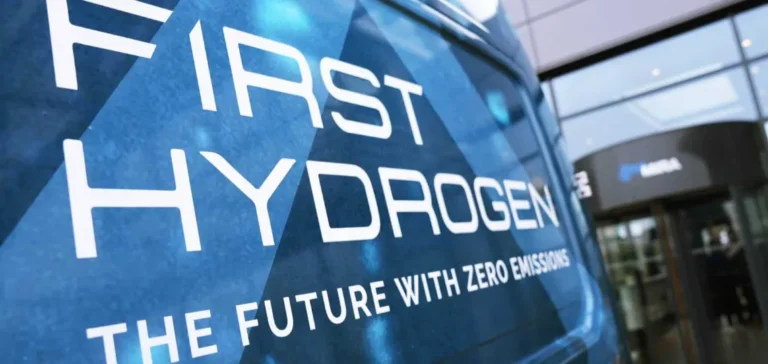First Hydrogen Corp. has launched a technical collaboration with the University of Alberta to identify non-radioactive molten-salt mixtures simulating the behaviour of uranium-based fuels. This programme is part of the design and development of small modular nuclear reactors (SMRs). The team, led by Professor Muhammad Taha Manzoor, will conduct the research from the Edmonton campus.
A preliminary stage without uranium to prepare prototypes
This initial phase excludes any use of uranium and focuses solely on testing mixtures that mimic the thermophysical behaviour of actual fuels. The selected molten salts must enable laboratory evaluation in a low-risk environment. This approach will serve as the foundation for setting up experimental facilities, developing test protocols, and selecting industrial suppliers.
The project includes a comprehensive technical and regulatory assessment of the candidate mixtures. This will cover commercial availability of salts, customs restrictions, export controls and related regulatory requirements. The aim is to reduce research and development risks while accelerating the development of scaled-down prototypes.
Technical benefits for future commercial applications
Molten-salt fuels offer safety and efficiency characteristics of interest to designers of compact reactors. Unlike solid fuel rods, liquid salts can circulate through the reactor core, improving heat transfer while operating at low pressure. These properties facilitate unit miniaturisation and enhance intrinsic safety.
First Hydrogen aims for the programme to support its industrial deployment ambitions, particularly for powering data centres, green hydrogen production, and other applications requiring stable and uninterrupted energy sources. The company also plans to use the results to guide future investments in SMRs.
A roadmap focused on experimental validation
The project relies on academic expertise to establish a robust scientific basis before introducing nuclear materials. Professor Manzoor indicated the objective is to involve international experts while maintaining a low-hazard approach. Laboratory work will be carried out under strict control, without exposure to radioactive substances during this phase.
Balraj Mann, Chief Executive Officer of First Hydrogen, highlighted the importance of this step as a lever to structure future technological initiatives. He stated that this research will help identify effective simulated salts and reduce uncertainties related to the later stages of the programme.






















